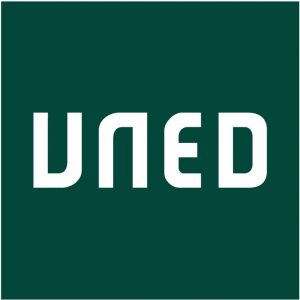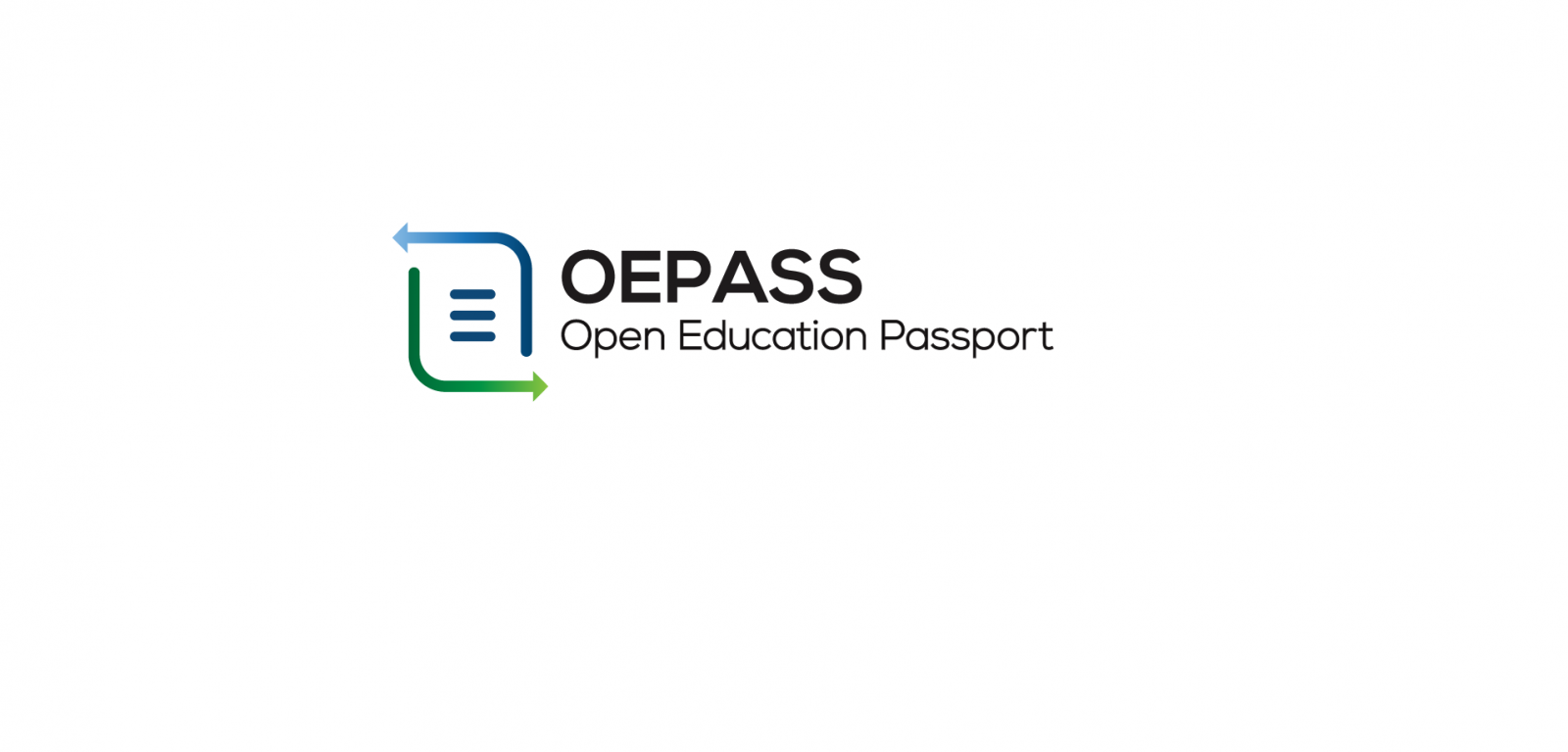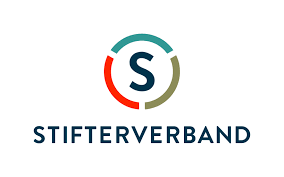Background
The recognition and transfer of individual credits through ECTS was created for an era of physical mobility, and is optimised accordingly. EU recognition instruments, such as the diploma supplement and the EQF, support the award of qualifications in the areas of formal learning, and are supported by recognition procedures for non-formal and informal learning.
While these tools can be used to support open education and virtual mobility, a number of caveats exist to their use, including that:
- little to no guidance exists on how to document virtual mobility / open education experiences for the purposes of credit transfer;
- procedures for recognition of prior learning or of non-formal/informal learning do not scale to the massive numbers of students enrolling in open education programmes such as MOOCs;
- there is no European approach to recognising, transferring or scaling open education modules.
These problems are so pronounced, that many open educational providers are creating parallel systems of credentials that are not even described in terms of ECTS – leading to a situation where millions of students per year are enrolling in open courses offered by universities which do not necessarily award valid or recognised forms of credit.
OEPass intends to address these issues by creating a standard format for describing open education and virtual mobility experiences in terms of ECTS which:
- Addresses common criticisms (lack of trust) of open education, in particular with respect to student assessment and identity;
- Is scalable to hundreds or thousands of students through automatic issuing and verification of certificates;
- Can capture a wide range of non-formal and formal open education experiences.
Goal
Open learning environments have experienced consistent growth due to factors such as easy access and flexibility however, recognition has been the bane of its existence. The goal is to work on the recognition problem by creating a standard format for what a credential should be, the workload it should involve and the quality of the credential itself. The project has been designed to achieve the following mentioned goals:
A quality system for analyzing the quality of credentials through a lens of ease-of-recognition and portability.
Creating a Learning Passport: a standard form to collect information about open education experiences.
Recognition and verification of credentials in open education by a proposal for a technological infrastructure to support the portability and recognition of open credentials.
A methodology for the calculation, verification and assessment of learning outcomes and workload in digital environments using ECTS for open education.
The report will look at the future of Open Education, by considering a set of scenarios where education is fully open or fully closed, and where the systems of credentialing is fully open or fully closed.
Funding
This project has been funded with support from the European Commission. This website reflects the views only of the authors, and the Commission cannot be held responsible for any use which may be made of the information contained therein.

Partners and co-operators

Budapest university of Technology and Economics, MTI Centre for learning innovation and adult learning was founded in 1939.he majority of the courses offered by the Institute are targeting continuous professional development, if requested even work based, on company grounds, on the fields of technical courses on various fields of engineering, economics-centred courses focusing on the aspects of management (including French MBA), courses in computer studies with informatics as the background, language and interdisciplinary courses, negotiation techniques for engineers and competencies as basics of lifelong learning. It plays an active role in several notable Engineering Education organizations.

LieDM association unites 50 Lithuanian education institutions, which implement distance education or blended learning, or focus on technology application in their educational activities. The priorities of LieDM activities focus on collaboration, openness and practice sharing on innovations, open curriculum and different IT solutions.

The National Distance Education University (UNED) is a Spanish public university that provides distance education at national and international levels. It was founded in 1972 to enable priority access to university and further education for all those who, while capable of pursuing higher studies, were unable to attend on campus classes for work, financial, residential, or other reasons. With more than 260,000 students, it is the largest higher education institution in Spain and one of the largest universities in Europe. It is also the leader in the implementation of cutting edge technologies applied to teaching and learning, with the largest offer of online courses in Spain






